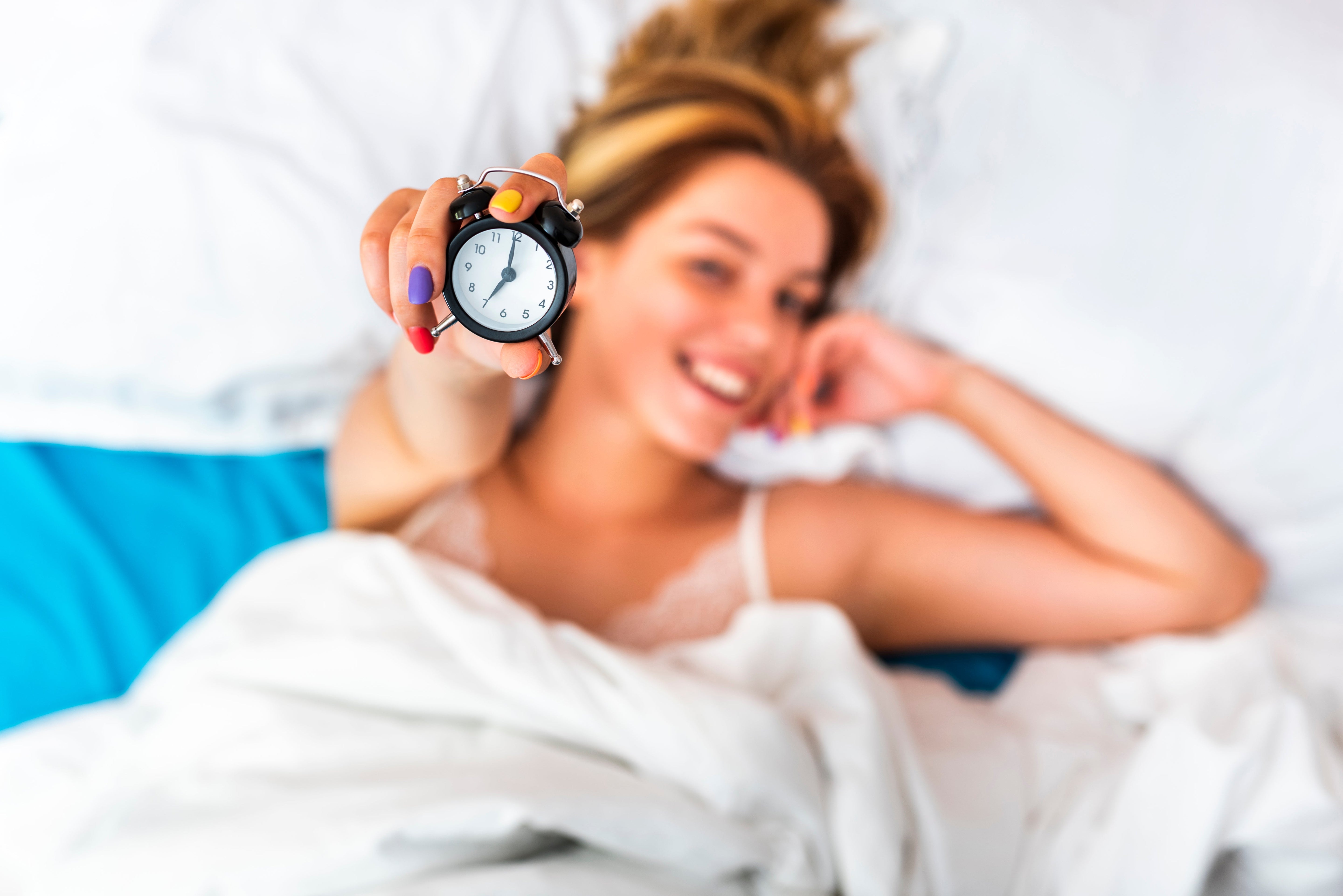
Why Snoozing Is Bad for Your Health (and How to Stop It)
Snoozing: Why You're Better Off Getting Out of Bed Right Now
Snoozing might feel wonderful, but did you know that those few extra minutes of sleep are actually detrimental to your health and energy levels? Many people hit the snooze button multiple times in the morning just to sleep in a little longer. Yet, snoozing is far from harmless. In this article, you'll discover what snoozing really does to your body, why it disrupts your sleep, and how you can break this habit for a more energetic life.
What is snoozing and why is it so bad?
Snoozing means postponing your alarm, often for 5 to 10 minutes at a time. You briefly fall asleep again, but these brief snoozes don't provide true rest. On the contrary: they disrupt your natural sleep cycle and particularly disrupt your REM sleep —the phase in which you dream and mentally recover. This can lead to fatigue, difficulty concentrating, and even mood swings.
The addictive effect of snoozing
When you doze off after the first alarm, serotonin is released – the "happiness chemical" that creates a relaxed feeling. This makes snoozing feel pleasant and can even be addictive. However, the price you pay is high: your body becomes confused, and you risk being late for work or school.
Disturbed REM sleep due to the snooze button
Every time you doze off, you disrupt your natural sleep cycle. This particularly disrupts REM sleep—essential for mental well-being and memory. People who regularly snooze often experience daytime fatigue because they don't get enough deep, restorative sleep.
Why snoozing actually saps your energy
Short naps of just a few minutes don't offer true rest. You'll no longer reach deep sleep and will actually start your day feeling more tired. Set your alarm a little later and get up immediately. This way, you'll make the most of your sleep time and start your day feeling more energized.
Train your willpower: stop snoozing
Not hitting snooze requires discipline, but it strengthens your mental resilience. By getting up promptly, you build self-control and start the day with a victory. After a few weeks, your body adjusts to the new rhythm, and you'll notice you're fresher, more productive, and happier.
Tip: make sure you get a good night's sleep
A poor night's sleep makes snoozing more tempting. So, ensure optimal sleeping conditions: choose the right duvet, change your pillow regularly, and avoid screen time right before bed. A good night's sleep is the foundation for waking up energized – without snoozing.

